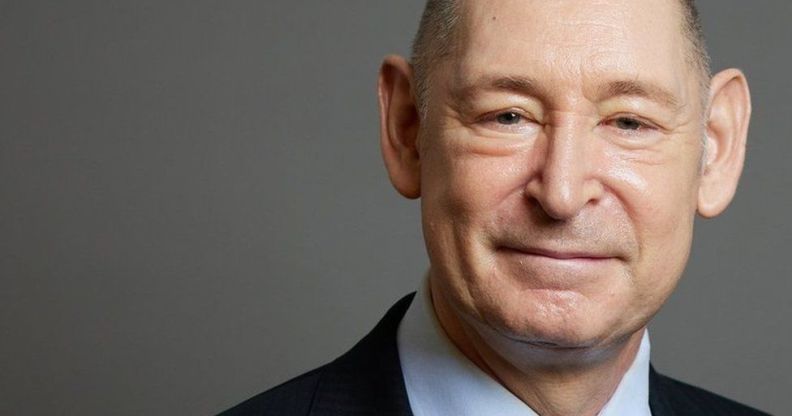Hopes inquiry into treatment of LGBTQ+ veterans will lead to ‘meaningful reparations’

Lord Etherton will chair the review into the gay-ban and its effects. (Credit: House of Lords)
The first openly gay British judge will helm a long overdue review into the impact of the “gay ban” on military veterans.
Lord Etherton’s inquiry will attempt to better understand the lived experiences of LGBTQ+ veterans who served between 1967 to 2000, including those who were discharged because of their sexuality.
The military lifted the ban on homosexuality in 2000, but it is thought that nearly 5,000 people were affected by this law, according to the BBC.
Under the ban, military personal who were or suspected of being gay, lesbian, bisexual or transgender were arrested, searched and questioned by the Special Investigation Branch of the Military Police.
They were then subjected to traumatic investigations that lasted days and stripped of their service medals in martial court.
Many were ‘dismissed in disgrace’ and this led to a loss in income, which affected them greatly as this meant years of missed pension contributions.
Affected LGBTQ+ military veterans couldn’t even turn to veteran charities because of their ‘disgraceful’ discharge. Many were effectively left homeless, faced unemployment and financial insecurity.
To this day, some LGBTQ+ military veterans still have criminal prosecutions on their records with some even being marked as sex offenders.
The effects of the “gay-ban” have had long-lasting ramifications and the review hopes to rectify the wrongs that it caused.
Lord Etherton will speak to affected veterans and recommend ways the government can “mitigate any impacts, including any financial impact”, he told the BBC.

The military lifted the ban on homosexuality in 2000. (Credit: Carl Court/Getty Images)
The minister for defence, people and veterans, Leo Docherty, said: “The historic ban was wrong and those who were thrown out of the military purely because of their sexuality suffered and we acknowledge that.
“This review will help us better understand the impact and I am delighted that the highly eminent Lord Etherton will be chairing it. We look forward to seeing the outcome of the review and reviewing the recommendations.”
While the ministry of defence has stood by LGBTQ+ military veterans during the review, many senior military staff fought hard to keep the ban in place prior to it being lifted in 2000. The military was effectively forced to lift the ban by the European Court of Human Rights (ECHR).
In September 1999 the ECHR ruled that this law breached a person’s right to privacy – and this ruling ultimately led to the archaic ban being lifted.
In 2021 the Ministry of Defence announced that veterans who had their medals stripped from them could reclaim them.
Defence minister baroness Goldie said: “It is deeply regrettable that because of their sexuality some members of the Armed Forces were in the past treated in a way that would not be acceptable today.
“I am very pleased now to be in a position to address this wrong and to invite any personnel affected or, in some circumstances, the families of those who are deceased to apply to have their medals returned.”
Joint chief executives of Fighting with Pride, Caroline Paige and Craig Jones, a charity that supports LGBTQ+ veterans, have praised Lord Etherton being chosen to lead the investigation and hope for “meaningful reparations”.
In a joint statement they told PinkNews: “This appointment offers hope to the thousands of LGBT+ veterans whose lives were – and still are – affected by the ban. It has been over 22 years since the ban was lifted. Appointing a chair to the review is an important step, but there is much work to be done to restore trust and to make meaningful reparations.
“We look forward to working with Lord Etherton and will do everything in our power to ensure LGBT+ veterans’ voices are heard, and that action is taken to address the appalling injustices many were subjected to. This review must bring hope of a better future for those who live with the consequences of the ban.”

